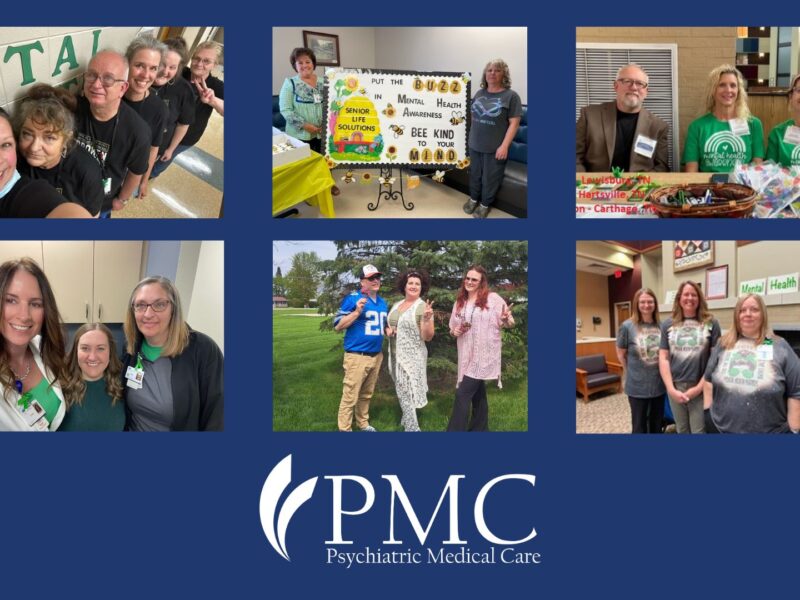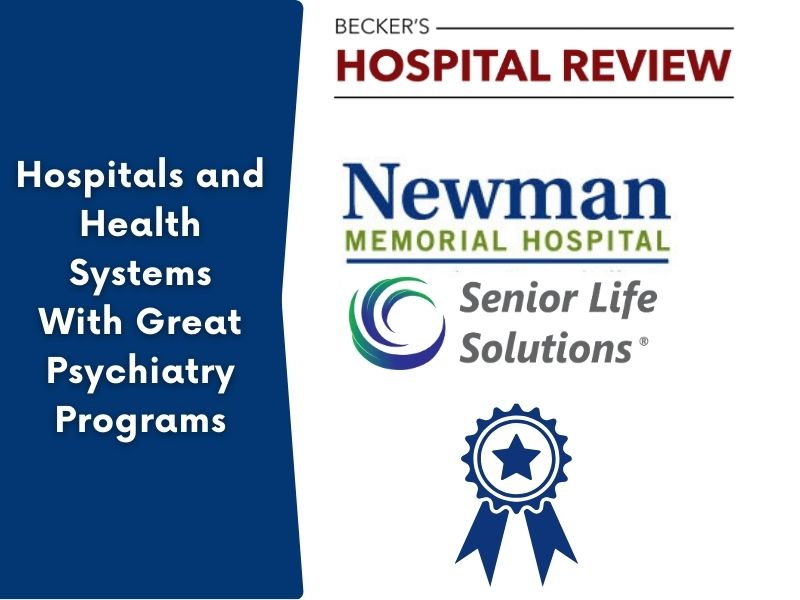A recent study highlights the link between loneliness in older adults and an increased risk of death ideation, while suggesting that attending religious services and engaging in social activities may offer protective benefits.
The study, conducted by the Irish Longitudinal Study on Ageing (TILDA) at Trinity College Dublin, sheds light on the growing public health concerns of loneliness and suicidal thoughts among the elderly. Published in Frontiers in Public Health, the research delves into the issue of social isolation and its connection to a “wish to die” (WTD) among older individuals. WTD refers to thoughts or desires that one would be better off dead, a known clinical marker for future suicidal behavior.
Both social disconnection and rising suicide rates among older adults pose significant public health challenges. Prior research has shown that a lack of social relationships, both in structure and function, contributes to thoughts of suicide. However, this study emphasizes that loneliness itself is a particularly strong predictor of WTD, more so than social isolation or living alone. Notably, even after controlling for depression and other forms of social disconnection, loneliness remained a powerful factor in predicting death ideation.
Dr. Mark Ward, Senior Research Fellow at TILDA and the study’s lead author commented on the findings:
“Loneliness and suicide in older adults have reached critical levels. Our study adds to the growing body of evidence showing that loneliness in later life significantly increases the risk of wishing for one’s own death, which is often a precursor to suicidal behavior. However, we also found that participating in religious services and communal activities can serve as protective factors, reducing the likelihood of these negative thoughts.”
Key Findings:
One of the standout conclusions of the research is the protective role that attending religious services plays in reducing death ideation. Among the key findings are:
- 4% of participants reported having a wish to die within the month prior to the interview.
- 10% were found to have clinically significant levels of depression.
- Loneliness emerged as a critical risk factor for death ideation.
- Regular attendance at religious services and other prosocial activities significantly reduced the likelihood of WTD.
In addition to religious involvement, other forms of intervention, such as cognitive behavioral therapy (CBT), may help alleviate the loneliness that contributes to depression and death ideation.
Dr. Robert Briggs, a Consultant Geriatrician and co-author of the study, stressed the importance of addressing mental health and social isolation in older populations. He noted that “Wish to Die,” a condition strongly associated with future suicide attempts, is closely linked with loneliness and depression. “Engaging in social activities can offer significant protection against these feelings,” Dr. Briggs emphasized, urging policymakers to prioritize mental health and social connectedness in aging populations.
Regius Professor Rose Anne Kenny, Principal Investigator of TILDA, pointed out that loneliness and social isolation have been exacerbated in Ireland, particularly during the COVID-19 pandemic. “Even now, as we emerge from the pandemic, some older adults continue to suffer from isolation, having lost confidence in social engagement. Loneliness accelerates biological aging and worsens health outcomes, making it an urgent issue to address.”
The study underscores the importance of fostering social engagement and providing accessible mental health care to combat loneliness and its associated risks among older adults.




